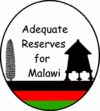About NFRA
Establishing Malawi’s Strategic Grain Reserve: A Foundation for Food Security
Malawi’s Strategic Grain Reserve (SGR), established in 1979, was designed to address food emergencies. Initially managed by ADMARC Limited from 1979 to 1998, the first concrete silos were built in Kanengo, Lilongwe. The SGR’s purpose was to ensure a three-month lead time for additional food supply organization and receipt, reflecting a strategy to improve access to and distribution of maize for emergency and regular needs. This objective has remained consistent since its inception. Additionally, the SGR supports local and regional food production strategies, acting as a market guarantor to encourage agricultural investment and innovation, including climate change adaptation. It plays a crucial role in food security, offering an alternative to unreliable imports and helping protect against hunger.
Our Establishment
Established in June 1999 by the Government of Malawi, the National Food Reserve Agency (NFRA) operates under a Trust Deed, with a primary mission of managing the national Strategic Grain Reserves (SGR). Initially tasked with the management and operation of the SGR, NFRA’s mandate expanded in 2000 with an amendment to the Trust Deed, encompassing price stabilization, grain market regulation, and handling grain importation and exportation on behalf of the government. NFRA operates as an incorporated Trust, playing a crucial role in addressing food insecurity and providing emergency relief within the country.
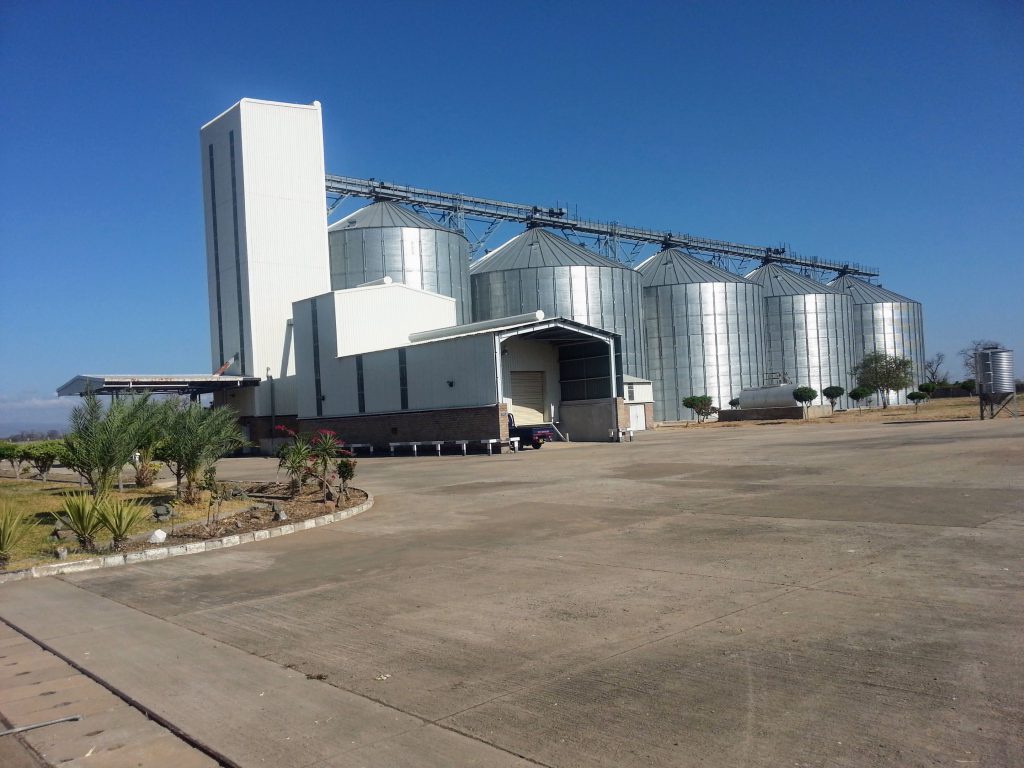
Safeguarding Food Security
At its core, NFRA focuses on the management and maintenance of strategic grain reserves by holding readily available physical grain stocks and necessary funds. This ensures a buffer against the failure of the private sector to respond to market signals or adequately meet national grain requirements. Through its operations, NFRA acts as a vital instrument in safeguarding food security and providing emergency relief measures.
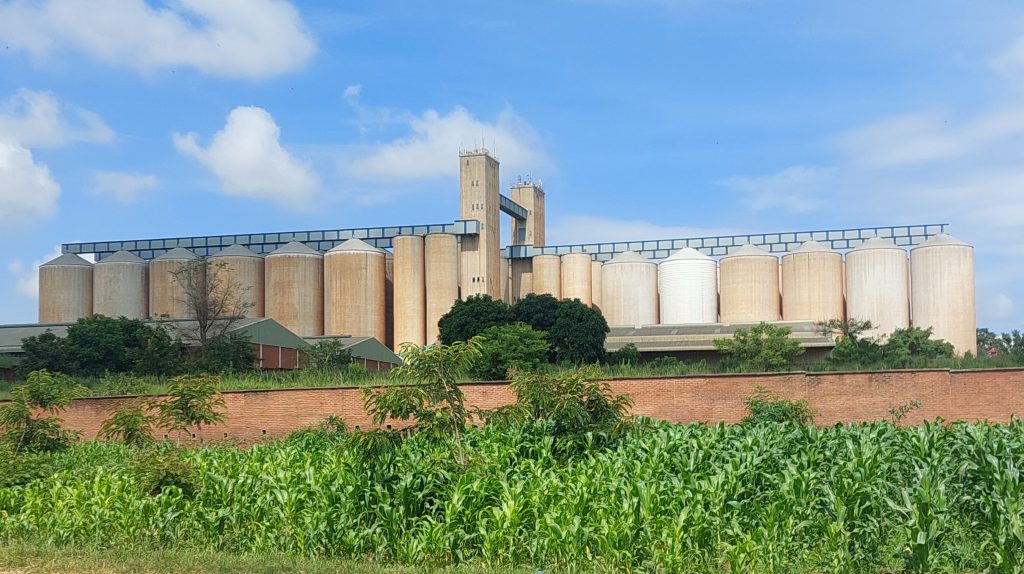
Execution of Mandate
NFRA executes its mandate through procurement, storage, and timely release of grain under established procedures. Key functions include purchasing, storing, and releasing grain based on drawdown procedures and decisions by the Board of Trustees. The agency efficiently manages financial, physical, and human resources, along with storage facilities entrusted to or acquired by it. Additionally, NFRA makes grain stocks accessible at short notice for emergency relief and social safety net purposes as directed by the government.
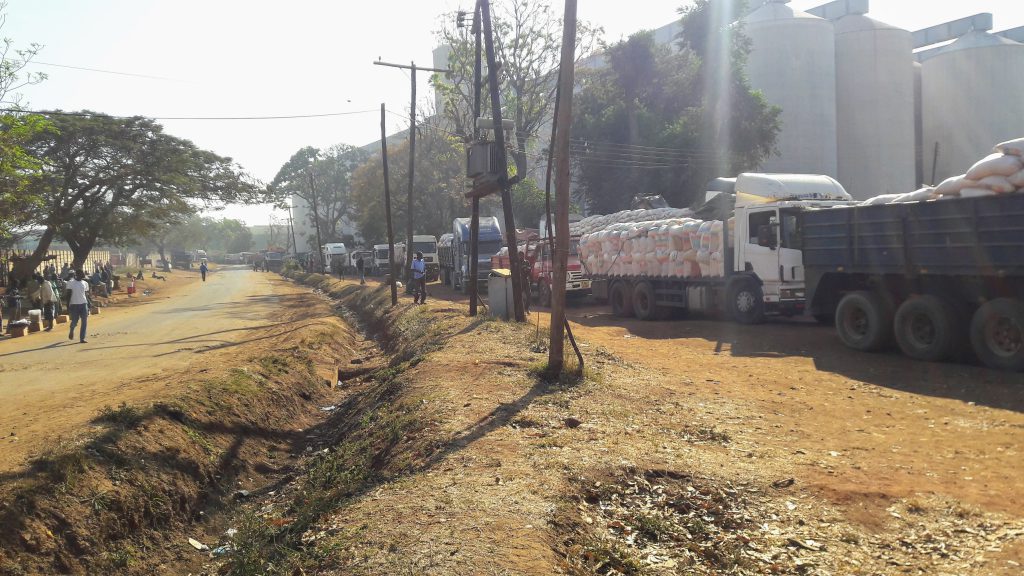
Supporting Private Sector Development
Moreover, NFRA contributes to private sector development in the grain market by providing training on quality control, disseminating business and market information, adding value to agricultural products, and intervening in the market as necessary. Furthermore, the agency advises the government on matters concerning food security and the grain market, including market stabilization, import and export coordination, ensuring a cohesive approach to addressing agricultural challenges within the nation.
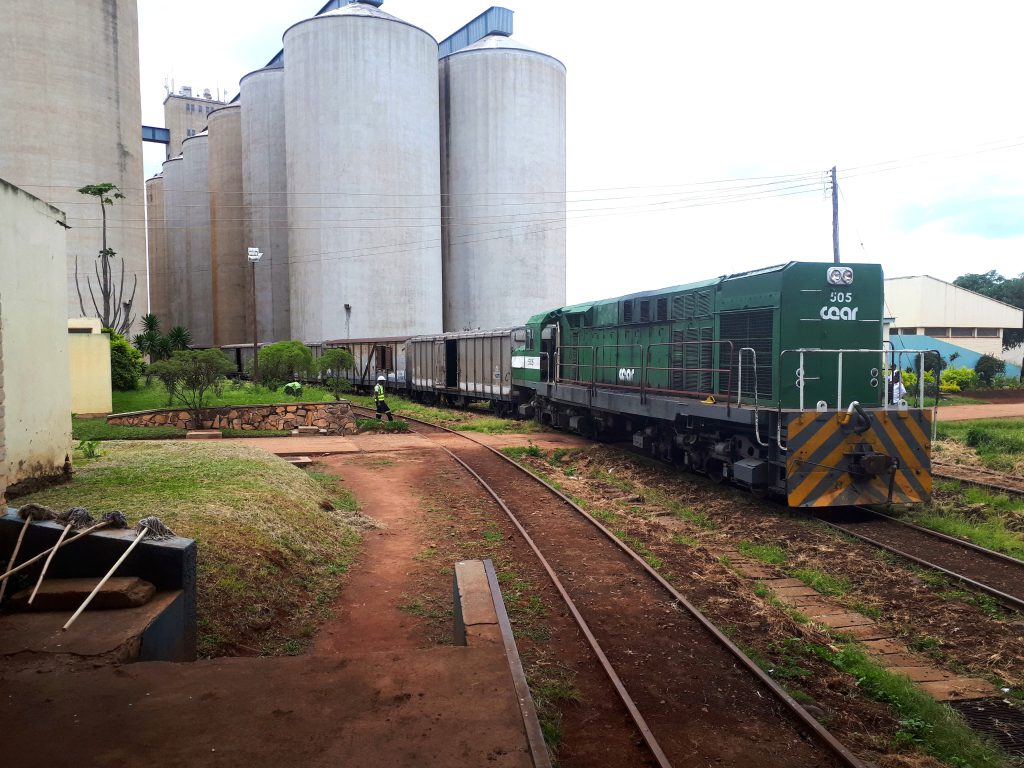
Our Vision
To be a reliable and sustainable Strategic Food Reserve for the nation.
Our Mission
To manage strategic food reserves with the highest standards of quality and efficiency for the Malawi nation.
Our Motto
Adequate food reserve for Malawi.
Our Core Values
The NFRA subscribes to the Government of Malawi (GoM) code of ethics and the following are the core values:
Intergrity
Entails adherence to a set of moral and ethical values at an organization;
Teamwork
Involves the ability to work with others and to help them attain their full potential and achieve shared goals;
Creativity and innovation
The ability to produce or use original or unusual ideas
Professionalism
An individual’s adherence to a set of standards, code of conduct or collection of qualities that characterized accepted practice within a particular area of activity;
Transparency and accountability
The ability to act visibly, predictably, understandably and being answerable to one’s action;
